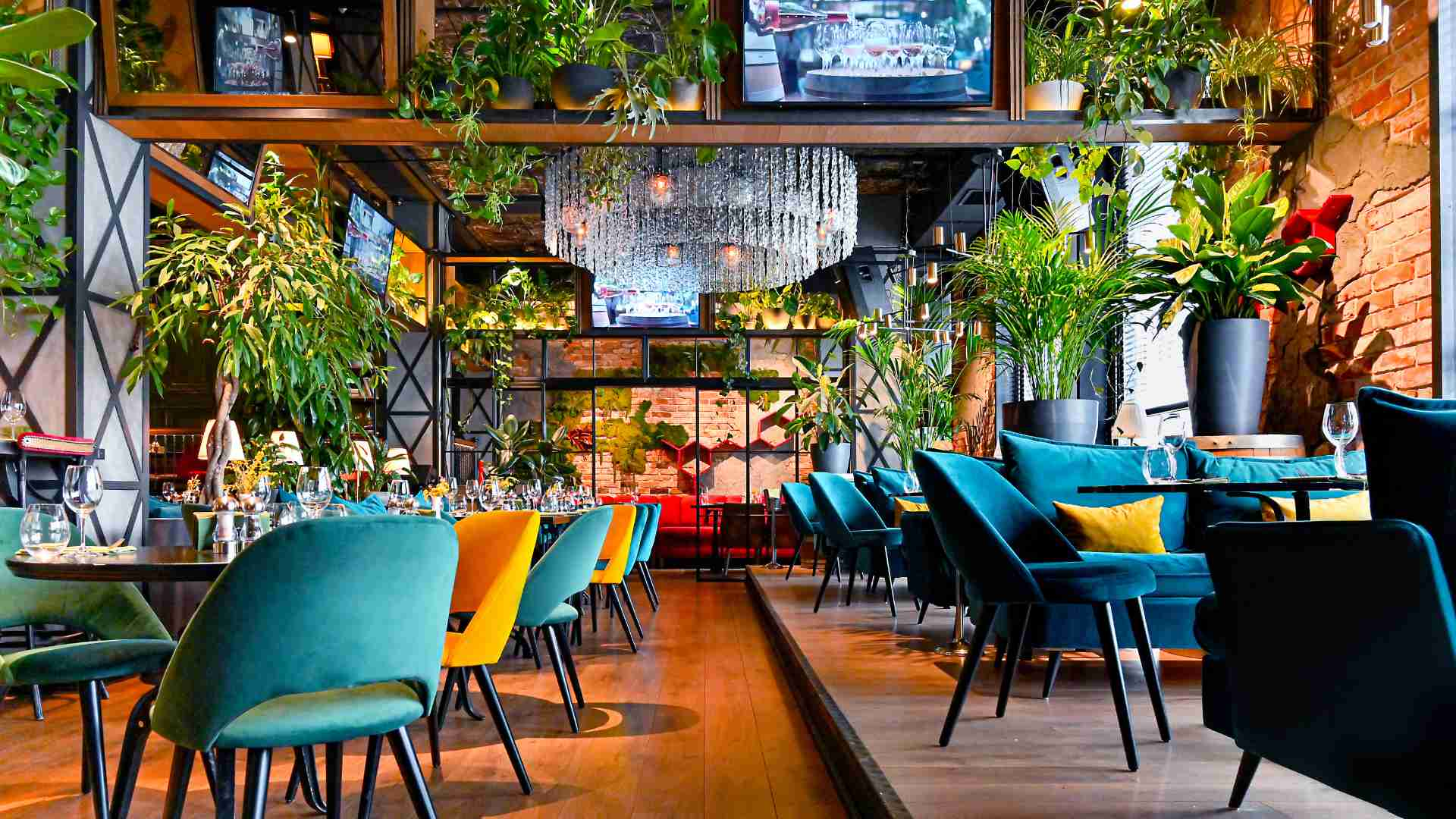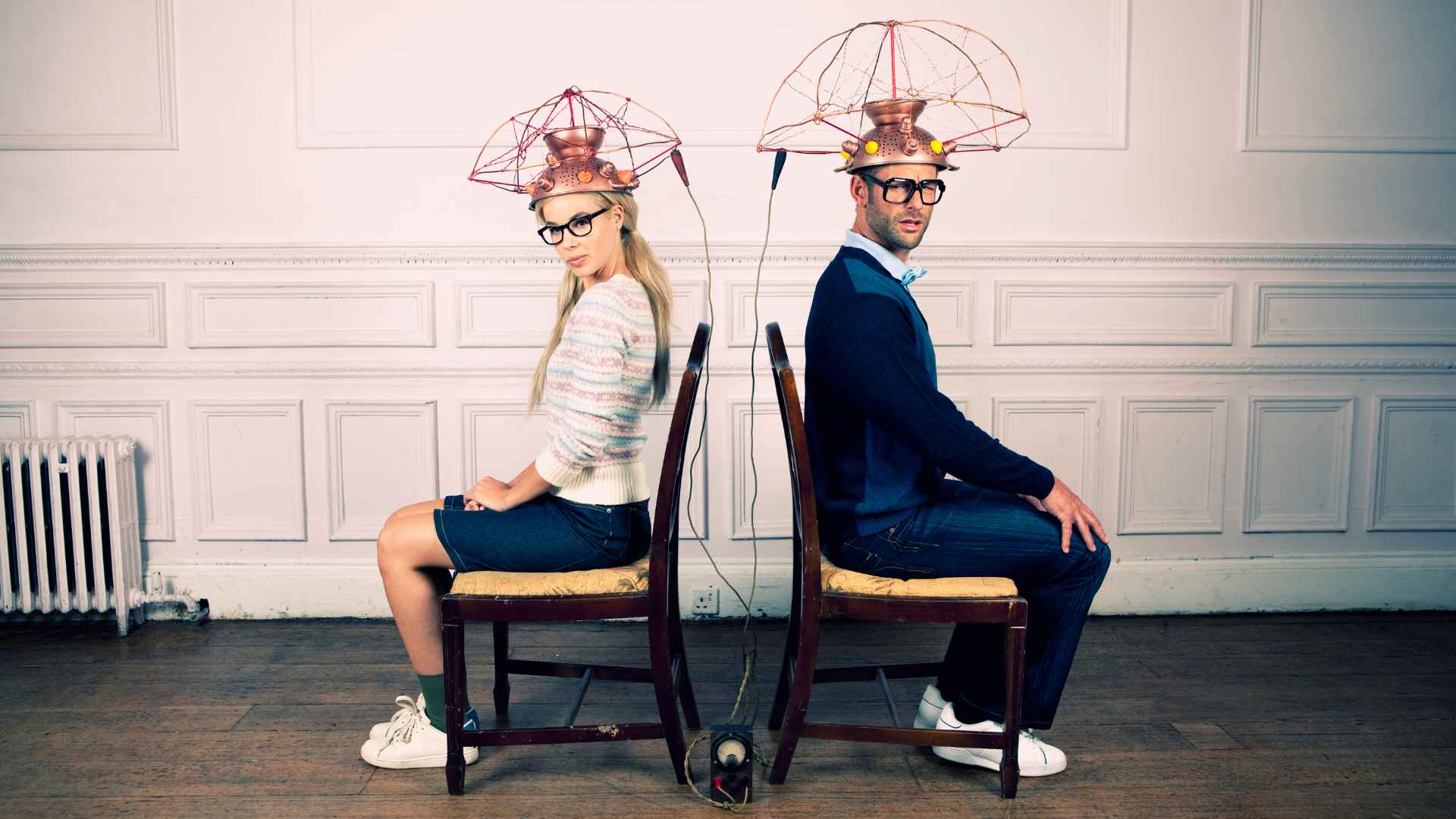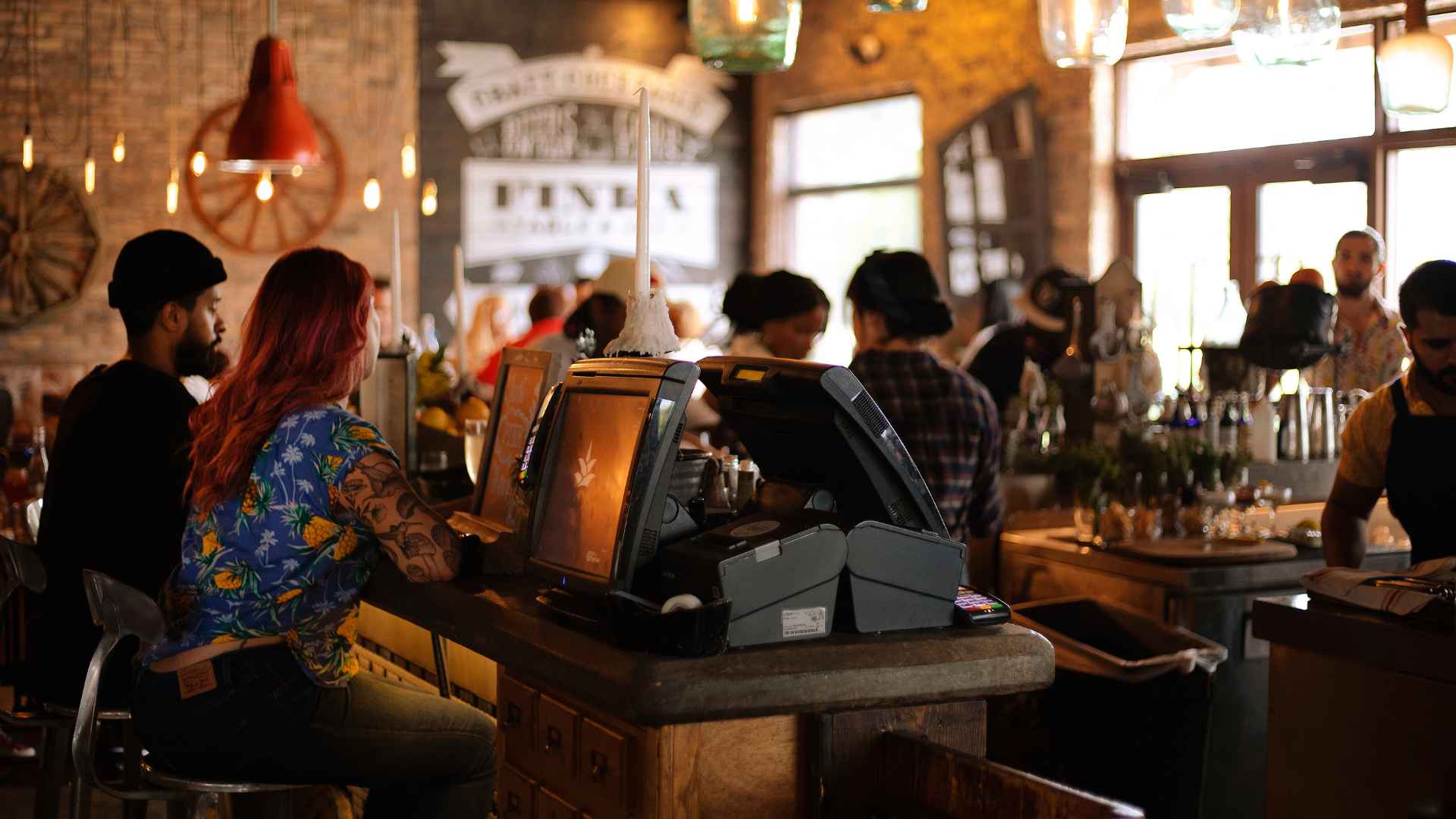How to Thrive in Hospitality
Learn about how you can thrive in the hospitality industry via music with real examples attached.


For part of our Altaura talks webinar exploring how businesses have fared during a global pandemic. With real examples of how you can adapt to thrive in the hospitality industry. We talked through the highs and lows of being in the hospitality sector add we learned some essential lessons on the importance of creativity and efficiency.
Hosted by:
=> Doug Marshall, the CEO and Founder of Altaura
Speakers:
=> Benjamin Calleja, CEO at Livit Design
=> Simon Allison, Head of Marketing at Inception Group London
Opening remarks and setting the scene in a pandemic world
It was echoed through the group that although times have been tough, opportunities have been there to evolve their offerings. They agreed it has in some ways created space for ideas to become reality, teams to acknowledge pitfalls, and more motivation to make improvements.
Simon was very forthcoming about what Inception Group have been doing. He said ‘when you’re forced into a position where your team has slimmed down, you are left with those who are committed and will take responsibility to have ideas. When there’s no one to sign anything off, it’s more fluid.
Ok, not all your ideas succeed, but it’s the willingness to try, because you will learn, and if you know your audience and trust your team you can get it right”.
They spoke about how the guest experience has changed. Nevertheless, the guest will always value unique experiences with loved ones, friends and colleagues. Ben made the point that the guest has become savvier, and will choose where they spend their cash more selectively.
For many businesses, new policies and regulations do take their toll, here in the UK it seems once your business has adapted to a new regulation, another one comes in. Curfews are of great concern to the pubs and bars in cosmopolitan cities like London, especially leading up to Christmas and New Years Eve. Simon and his team rely on the Christmas period for booking in big groups - something that won’t be possible this year.
Shifts in where and how your customers consume your brand
Benjamin spoke about how understanding your audience is critical in getting your service offering right. He explained how the context of geography and culture play a key role in defining what experiences in hospitality should cover. Some countries found it easier to adapt during the pandemic because they already had the infrastructure in place.
For example, the US already had a huge off-premise eating culture before COVID and has a market where convenience can be the experience that people value above other services.
Simon spoke about a shift in internal and external communication due to COVID from Founders, suppliers and even competing businesses. He said, “we’re being more honest now”. This has opened up channels between competitors and aligned businesses. To survive you cannot shy away from asking for help or to “beg, borrow or steal '' as Simon joked. Partnering with the right brands can be a huge asset in situations like this.

Could you be experimenting with your brand touch points to drive sales?
Benjamin’s knowledge of the global market is extremely in-depth. Livit is a data-driven organisation, with tools that can show where COVID has been having the most and least impact. Livit could forecast decisions based on these insights. For example, Livit could see how an event such as the announcement of a vaccine triggered more consumer confidence. People felt as though COVID was all over.
The conversation with Ben moved onto how to get the most out of your touch points as a hospitality business. Touch points such as sound, lighting, and scent are not simply things you need to implement to create an atmosphere, but they are experiential tools that can drive sales. They are tools you can collect data on, and measure the impact of.
How is technology advancing the hospitality industry?
Altaura has supported Livit in implementing sound that helps move sales. From research into sound, we know that energy levels, different playlists and volume affect sales. We know that volume of music can have an impact on whether you’ll choose healthier food or not, and pitch can impact alcohol consumption and music can influence the speed at which people move in your spaces.
They have real-time analytics in their test labs that allow them the measure sales second-by-second, to make real-time decisions.
Benjamin asserts that highly experiential brands are the ones that are going to thrive. The big chains and franchise giants have a low experience factor. Up and coming and unique brands are going to do well. As previously mentioned, guests are going to be pickier. And it’s hard to be an experiential brand and play in the convenience sector. It’s a polarising position. You need to choose where you’re going to play.
For more information on Livit and the work there, you can go to their website. Livit understands the importance of testing, and how the process can be monetised. The key is implementing technology, consumer-facing experiences, and operational efficiency.




